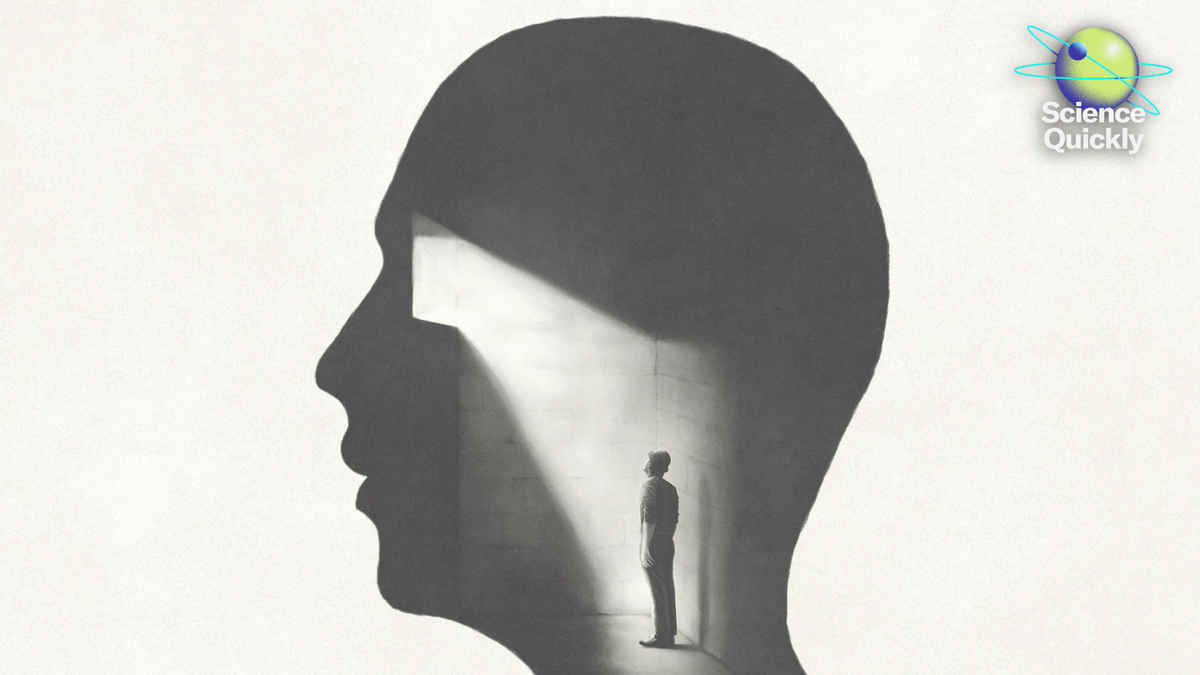
"You probably think you're listening to my voice right now. But what if I told you that you're actually experiencing a sophisticated hallucination? Perception isn't the passive process that most of us imagine it to be, with our senses simply recording reality and sending it up to our brains for processing. Instead, our brains are constantly constructing theories about what's going on around usand sometimes our brains get reality wrong."
"Perception isn't the passive process that most of us imagine it to be, with our senses simply recording reality and sending it up to our brains for processing. Instead, our brains are constantly constructing theories about what's going on around usand sometimes our brains get reality wrong. On supporting science journalism If you're enjoying this article, consider supporting our award-winning journalism by subscribing."
Perception is an active, constructive process in which the brain generates predictions and hypotheses about the world rather than passively recording sensory input. The brain integrates sensory evidence with prior expectations, effectively testing theories to infer external causes. This predictive mechanism explains why perception can produce convincing hallucinations or errors when predictions dominate weak or ambiguous input. Experimental cognitive neuroscience shows that expectation-driven processing shapes perception across modalities. Viewing the brain as a probabilistic, hypothesis-generating system reframes understanding of cognition, learning, and sensory disorders and highlights the role of uncertainty in perception.
Read at www.scientificamerican.com
Unable to calculate read time
Collection
[
|
...
]